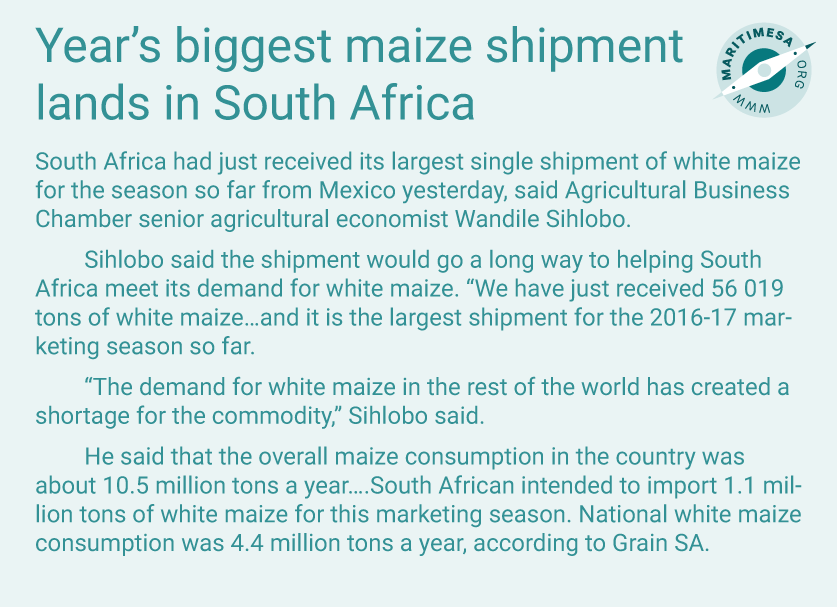[vc_row][vc_column][vc_video link=”https://vimeo.com/473740460″][vc_column_text]See also Lesson 11.2.2 Ship Chartering (“Hiring” a Ship)
The level of trade rises and falls, depending on a number of factors :
- Global or regional economic changes – If the world or a region is experiencing an economic boom, its export trade will flourish. Money will be available to buy imported goods, and the level of trade (imports and exports) will rise, with a positive effect on shipping. A containership, for example, will be able to leave the country with good exports cargoes. Because the prosperity within that country will lead to a large demand for imported goods, that containership will return with good import cargoes. The reverse is also true : a country experiencing a difficult time economically will not be producing or importing as much cargo as it might do in better times. This will reduce the volume of cargo available for shipment and shipping services will suffer.
- Climatic factors – For agricultural products, rainfall is important. In times of plentiful rainfall, farms will produce good crops (e.g. grains, fruit) and even meat that can be exported in larger quantities. This means that bulk carriers will find export grain cargoes to move; for containerships, a good year of fruit production will mean good export fruit cargoes in reefer containers. In times of drought, the agricultural sector suffers and will not produce as much as in times of good rainfall. Therefore, there will not be as much agricultural produce to export, and food (especially grains for human and animal use) will need to be imported. Grain imports will be brought by bulkers.
- Product-specific fluctuations – Occasionally, variations in the movement of a single product can influence trade, and therefore affect shipping. The best example in recent years is oil. The oil price slump that began in about 2013 initially stimulated the trade in crude oil as countries stocked up with cheaper crude oil, and oil companies stocked up with cheaper oil products. Soon, the stockpiles of crude oil and refined products had grown so large that there was little demand for imports of oil or oil products. This meant that many of the busy tanker trades weakened and tanker rates dropped.
- Political instability or the threat of it – Any threat of political instability can cause a sharp decline in trade; actual political instability reduces the ability of a country to produce its usual exports and there is usually a reduction in imports as people are more focused on survival than on buying luxuries. Thus for trade to flourish, peace and political stability is required.
Test yourself

- Read the extracts above – from an article in Business Report of 13 July 2016.
- What is the yearly consumption of white maize in South Africa?
- How much white maize was being imported into South Africa that year?
- How much white maize was produced in South Africa per year?
- If the average shipload of imported white maize is 42 000 tons, how many shiploads of white maize would be needed in the year?
- What type of ship would be best suited to bring the following cargoes to South Africa?
- 42 000 tons of bulk grain
- 60 tons of bagged grain
- The annual average rainfall for a grain-producing area in South Africa is 550 mm. It received 320mm of rainfall in a given year.
- What is the effect of this year’s rainfall on grain production?
- What effect could that rainfall have on shipping?
[/vc_column_text][/vc_column][/vc_row]

